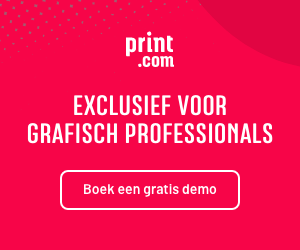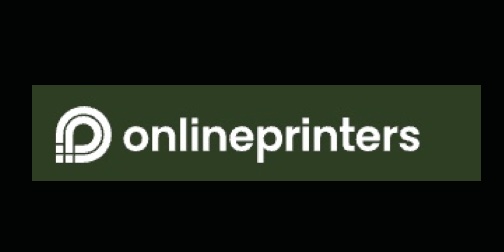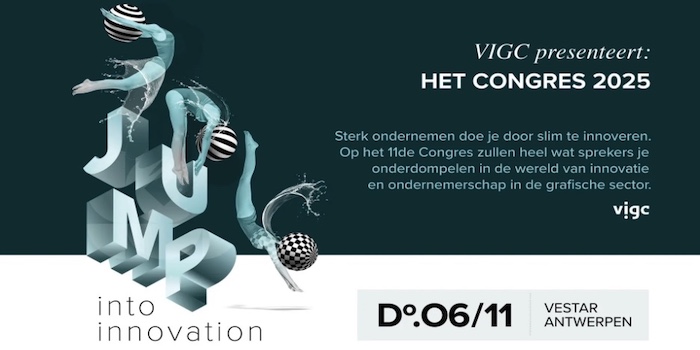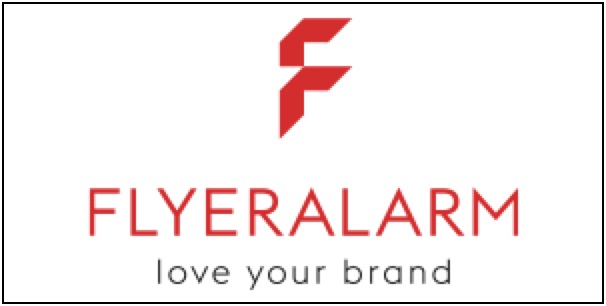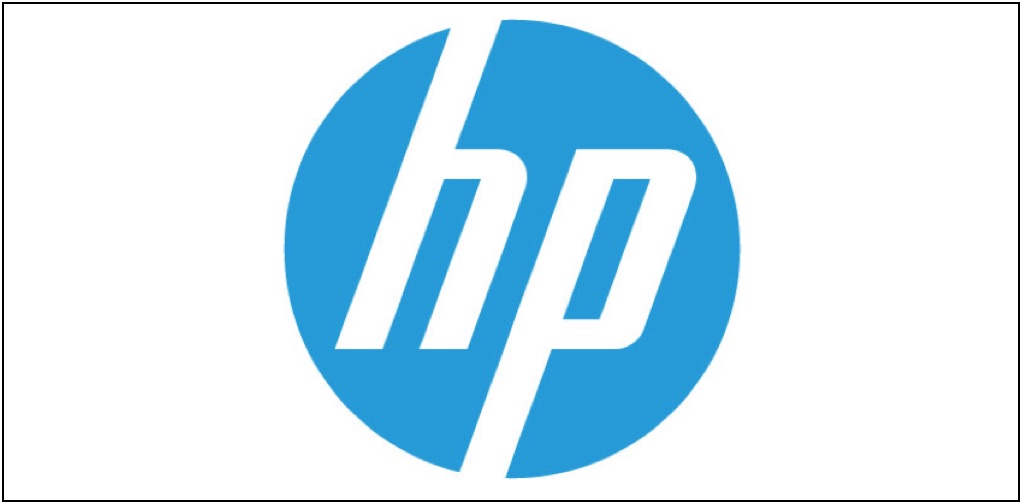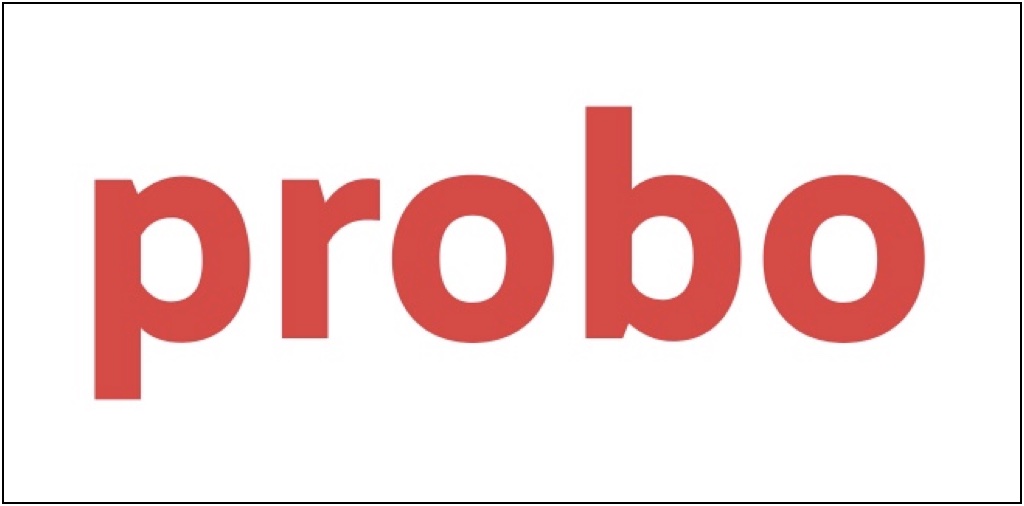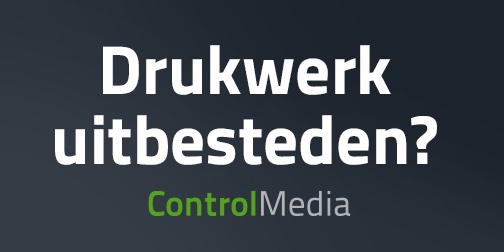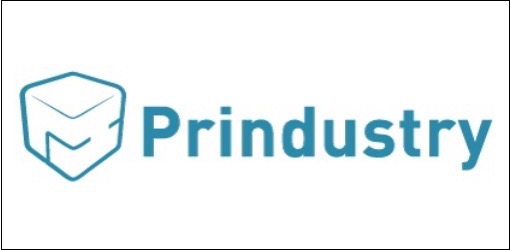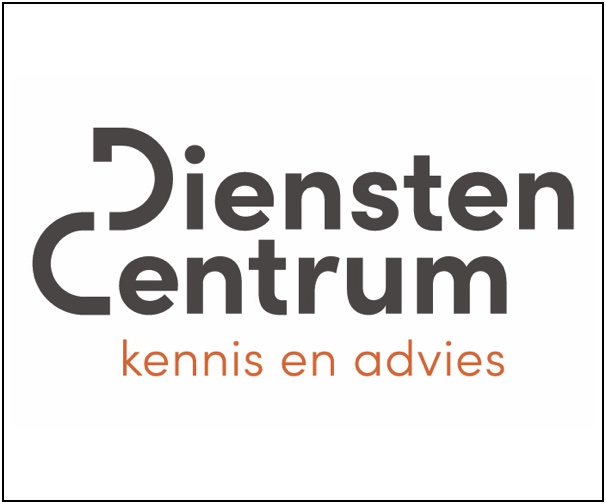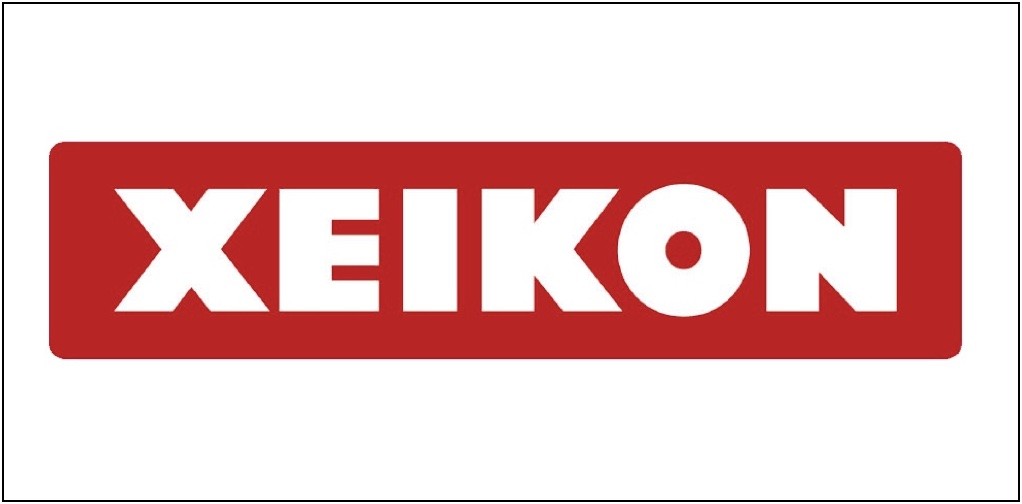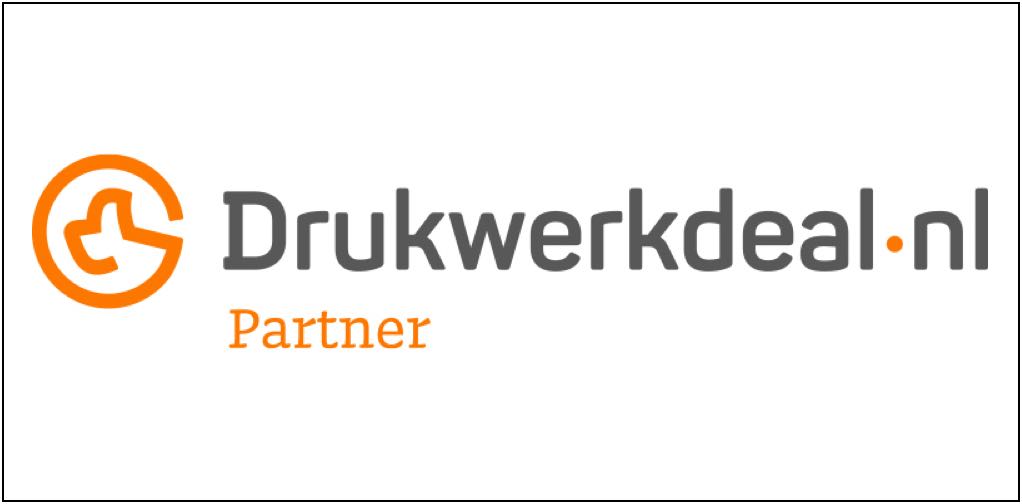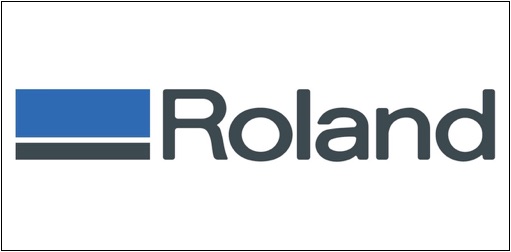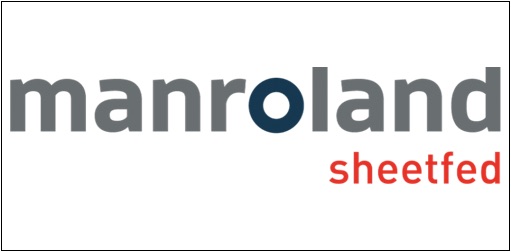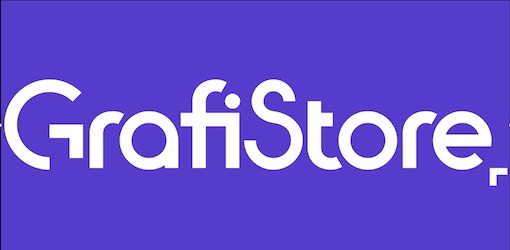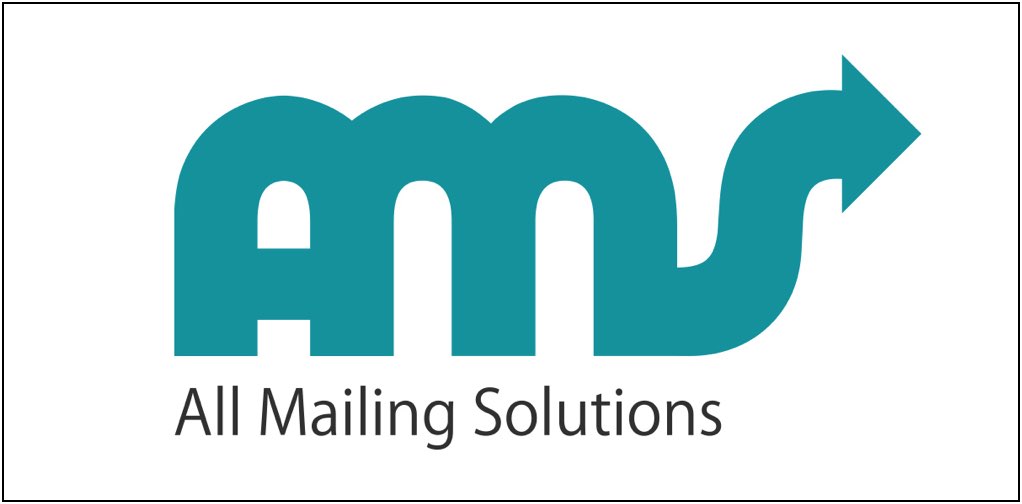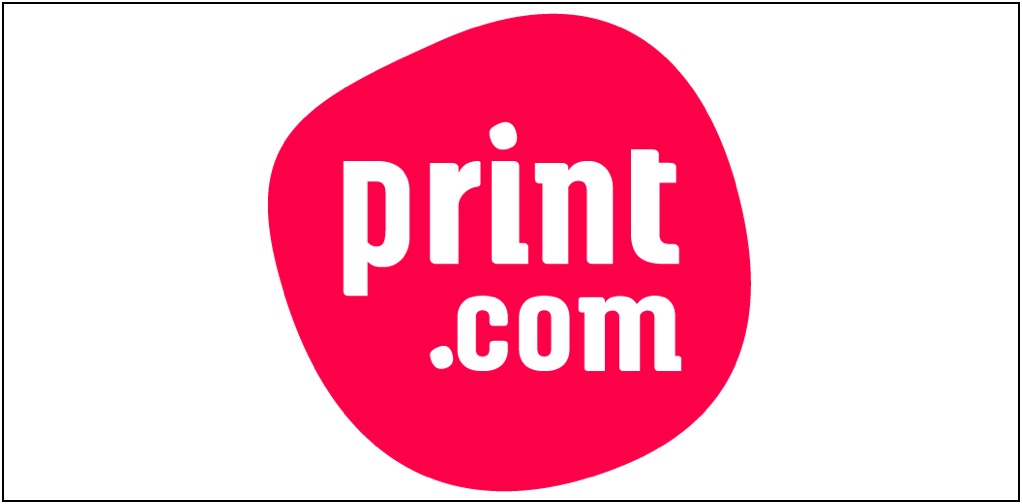Marco den Engelsman
 Kodak is preparing for the future and has put into place five new business divisions. Print Systems, Enterprise Inkjet Systems, Micro 3D printing and Packaging, Software and Solutions, and Consumer and Film.
Kodak is preparing for the future and has put into place five new business divisions. Print Systems, Enterprise Inkjet Systems, Micro 3D printing and Packaging, Software and Solutions, and Consumer and Film.
The company states this is a market focused structure designed to drive growth. Each division is responsible for its complete portfolio from acquisition to delivery and service. Remarkable is the fact that although Kodak says this is a market focused structure, there is no mention of markets, only of products.
Printing plates and ctp imaging solutions will be part of the Print division. Versamark and Prosper systems are part of the Enterprise Inkjet Systems division. The term Micro 3D printing is quite misleading. This division doesn´t have anything to do with 3D printing, but with the Flexcel NX Systems and Plates. It is unclear where Kodak Nexpress fits into this new organizational structure.
 Met de invoering van vijf nieuwe business divisies maakt Kodak zich klaar voor de toekomst.
Met de invoering van vijf nieuwe business divisies maakt Kodak zich klaar voor de toekomst.
De divisies zijn: Print systemen, Industrieel Inkjet, Micro 3D print, verpakking, software en oplossingen en consumenten artikelen en film.
Het bedrijf noemt dit een marktgerichte structuur die op groei gericht is. Elke divisie is voor het hele portfolio verantwoordelijk van acquisitie tot levering en service. Opvallend is dat Kodak in zijn nieuwe structuur geen markten benoemt maar productgroepen en dat toch een marktgerichte structuur noemt.
Onder de print divisie vallen de platen en de ctp belichters. De Versamark en Prosper systemen vallen onder industrieel inkjet. Met de term Micro 3D printen zet Kodak de lezer al snel op het verkeerde been. Het heeft niets met 3D-printen te maken maar alles met apparatuur dat flexo platen produceert. Waar de Kodak Nexpress terecht is gekomen vertelt het bericht over de nieuwe organisatiestructuur niet.
Lees ook:
Kodak opent nieuw technologiecentrum
Het nieuwe Kodak levert printtechniek voor productie en kantoor
Lees verder....
 Google has started a US campaign which gives people the opportunity to donate a small amount of money monthly in order to avoid Google ads. Instead of ads they receive a thank you message by Google.
Google has started a US campaign which gives people the opportunity to donate a small amount of money monthly in order to avoid Google ads. Instead of ads they receive a thank you message by Google.
Google Contributor is meant to fight the so-called ad blockers, software which prevent advertisements – banners, text, pre-roll videos or other sponsored advertorials which finance the free content – from appearing on the screen.
According to PageFair, an Irish research company which helps entrepreneurs understand the influence of ad blockers, already 22,7% of consumers have ad blocking software installed on their computer. This means that web pages paid for by advertisements miss out on about a quarter of their income, according to PageFair´s research of 220 websites. The same company states an increase of 43% year on year of the use of this software. Ad blockers are also available for mobile browsers. 6% of mobile surfers are said to have installed the software. If the trend continues at the same speed, the internet ad market will have reached the end of the road in 2018, says PageFair.
Google Contributor is currently available in a beta version. About a dozen of American companies are taking part, amongst which Mashable, The Onion and ScienceDaily.
Google is also set to launch an advert free YouTube channel in the US at a cost of 9.99US$ a month.
Lees verder.... The big label brands have followed the same strategy for years, printing large volumes. The long runs made sure that cost price was low. In current times of fast changing markets, increasingly diversified products and in-shop personalization (share a coke) big volumes are no longer efficient.
The big label brands have followed the same strategy for years, printing large volumes. The long runs made sure that cost price was low. In current times of fast changing markets, increasingly diversified products and in-shop personalization (share a coke) big volumes are no longer efficient.
Digital printing can play an important part in keeping the cost of small volumes low and delivery times short. Digital printing allows for a quicker response to the clients´ wishes. Research shows that a more segmented product offering is what the consumer wants.
Screen has developed a fast digital label press which is capable of printing labels of unprecedented quality at a speed of 50 metres a minute with a width of 350 mm.
The Truepressjet L350UV is an industrial digital press which matches the era of fast changing marketing.
Wim Koning, sales manager at Screen Europe will be more than happy to talk to you about the quality of this new Screen press. Mail: wim.koning@screeneurope.com
Lees verder.... Deloitte heeft een nieuwe overeenkomst voor MediaServices gesloten met Xerox. Vanuit twee locaties van Deloitte, de Maastoren in Rotterdam en The Edge het nieuwe kantoorgebouw in Amsterdam, worden alle Deloitte-vestigingen in Nederland bediend.
Deloitte heeft een nieuwe overeenkomst voor MediaServices gesloten met Xerox. Vanuit twee locaties van Deloitte, de Maastoren in Rotterdam en The Edge het nieuwe kantoorgebouw in Amsterdam, worden alle Deloitte-vestigingen in Nederland bediend.
Deloitte maakt in al haar kantoren gebruik van Xerox Managed Print Services in een door Xerox gestandaardiseerde, geoptimaliseerde en beveiligde printomgeving. MediaServices omvat de integrale communicatie- en publicatieketen, dus onder meer advies, opmaak, huisstijlbewaking en multimediale publicatie. Alle landelijke Deloitte medewerkers krijgen via een webportal toegang tot alle nieuwe diensten dankzij XMPie Storeflow, de Web2Publishing software van Xerox.
Lees verder....  Hollandridderkerk innovates with Screen Truepress Jet
Hollandridderkerk innovates with Screen Truepress Jet
For nearly 20 years Pixel Stereography and Hollandridderkerk have been cooperating to produce lenticular products. They are taking their cooperation to the next level with the purchase of Screen´s very fast large format printer. This investment allows them to produce highly creative lenticular applications for companies and individuals.
Pixel Stereography was started by Coen Holten who has a passion for lenticular. He was a pioneer and is now the leading expert in lenticular in the Netherlands. Making the biggest lenticular in the world – a 500 square meter lenticular used by Audi during the Consumer Electronics Show in Las Vegas – earned him a place in the Guinness Book of Records. The printing, form milling and protective foil application was handled by Hollandridderkerk.
Watch the video about the building of this spectacular project
The principle
“We started in the 90s where the process involved making photo chemical prints which were then glued behind the lens” says Arno de Winter, Technical Director at Hollandridderkerk. The 3D and flip effects were quite good. It was however very labour intensive and the quality wasn´t as good as it is now. “The best lenticulars were made by lighting the film through the lens to get the breaking of the light exactly right. That is how the lenticular postcards were made. To do this with digital printing you will have to measure the breaking of the light and that makes the design much more complicated.”
Lenticular material consists of ribbed lenses that enlarge the lines behind the lens. Depending on the angle of view it enlarges a different line. If you are in front of a lenticular and look at the middle lens you see the line that is directly behind the lens. If you look at the side the angle is skewed and the line is more to the side. The size of the lenticular and the placement of the lines influence the distance for the best effect.”
Pioneering with inkjet
The introduction of the inkjet was both interesting and challenging for the production of lenticulars. Holten says: “We had to really search for the right carrier. As soon as ink hits the paper it will expand and shrink again after 20 minutes. Since aligning is crucial the gluing element is very important. We could have a good print, but if it was glued too late the effect would be lost. It was almost impossible.”
Once polyester became available without the stretch/shrink issues, things became easier but still challenging because the material would move when printing from the roll. A line pattern parallel to the print direction resulted in bends that didn´t fit the lenses. The UV flatbed printer was the solution for printing larger lenticulars. The lines stay aligned and there is no need for gluing because the printer prints directly on the back of the lens. The quality improved dramatically, but it was quite a slow process which made production relatively expensive.
Faster and better
Faster high quality printing on a UV flatbed printer has been De Winter´s wish for a long time. Last year he visited Screen to see the Truepress Jet W3200UV. A printer that is able to print 85 square meters an hour at 3.2 x 1.6 meter with a resolution of 900dpi. Holten tells us: “the great thing about the Truepress is that the register is perfect. The dots are exactly aligned making it possible to print the perfect lenticular. De Winter adds: “We have a lot of large format printing jobs, which we produce in three shifts, but we lacked capacity. We really needed another, possibly faster, machine. I went to the UK to visit the first printer using the Truepress Jet W3200UV. They were so enthusiastic about the machine. We did extensive quality tests at Screen´s Amsterdam location. Add to that Coen´s positive view and we were sold.”
New markets
The new printer opens new markets. Holten: “We can now do spectacular 3D prints and we can work on larger surfaces with smaller lenses – and at a much better price. The lenticular market is still dominated by offset. Small format orders up to A4 are printed with a minimum of a 1000 pieces. This printer makes it possible to do only a few pieces of larger formats and medium sized orders of the smaller formats at very competitive rates.” Holten and De Winter see new markets in event booths and posters, but also the private photo market.
Looking for creative people
An innovative look at adverts for bus shelters or trade fairs is definitely possible. De Winter: “An energy company has approached us to see how they could use lenticulars for a campaign about energy efficiency. A lenticular shows movement without using energy.”
According to the entrepreneurs any client wanting to communicate change could use lenticular to its advantage. Holten: “Lenticulars show two images. It is a great medium to do a before and after. A very short, but impactful movie. We challenge creative individuals to think of innovative applications for lenticulars.”
A great example is a project for Triumph underwear which can be seen here.
More information can be found on the websites below.
Lees verder....
 Een creatief Belgisch initiatief is het laten bezorgen van Facebook berichten via een gepersonaliseerde krant.
Een creatief Belgisch initiatief is het laten bezorgen van Facebook berichten via een gepersonaliseerde krant.
Voor wie zijn Facebook- en Instagram-momenten ook wil delen met grootouders of andere familieleden die niet op de sociale netwerksites zitten, is er vanaf 12 december Familienieuws. Dit platform maakt van sociale mediaberichten een papieren krant en levert deze iedere week aan huis.
Een computerprogramma maakt een selectie van jouw foto’s en berichten op Facebook en Instagram, zo staat te lezen op de website van Familienieuws. Content die geliked werd door broers, zussen, neven of nichten krijgen prioriteit.
De selectie wordt uiteindelijk afgedrukt op een krant in A4-formaat en per post verstuurd naar een of meer familieleden naar keuze.
Het goedkoopste abonnement kost 35 euro en levert de familiekrant wekelijks per e-mail gedurende zes maanden. Om de krant zes maanden lang ook wekelijks per post te laten leveren, betaal je 55 euro. Voor 12 maanden per e-mail moet je 65 euro neertellen, voor 12 maanden per post en per e-mail 105 euro.
(bron: Grafisch Nieuws)
Lees verder.... De grote merken hebben jarenlang de strategie gevolgd grote hoeveelheden labels te drukken. De lange runs zorgden voor een lage kostprijs per label.
De grote merken hebben jarenlang de strategie gevolgd grote hoeveelheden labels te drukken. De lange runs zorgden voor een lage kostprijs per label.
In de huidige tijdgeest van snel veranderende marktomstandigheden, toenemend aantal verschillende producten en zelfs personalisering op het schap (share a coke) is het voor veel brand-owners niet meer effectief om altijd voor grote oplagen te gaan.
Digitaal drukken kan een belangrijke rol spelen om de kosten van kleine oplagen betaalbaar te houden en levertijden korter te maken. Digitaal drukken stelt de brand-owner in staat om sneller in te spelen op de wensen van de klant. Onderzoek wijst uit dat een meer gesegmenteerd productaanbod beter aansluit bij de wensen van de eindgebruikers.
Screen heeft nu een snelle digitale labelpers op de markt gebracht die instaat is labels te printen met een snelheid van 50 meter per minuut op een breedte van 350 mm met een ongeëvenaarde kwaliteit.
De Truepressjet L350UV is een industriële digitale pers die past bij het tijdsbeeld van snel veranderende marketing dat zich doorzet tot in het schap.
Meer informatie over de kwaliteit van deze nieuwe Screen pers verstrekt de sales manager Wim Koning graag. Mail: wim.koning@screeneurope.com
Lees verder.... België komt ’s avonds in het donker te zitten. Het land kampt met een dreigend stroomtekort. Nu werken de ministers aan een wettelijk verbod op reclame- en straatverlichting zodra er een stroomtekort dreigt.
België komt ’s avonds in het donker te zitten. Het land kampt met een dreigend stroomtekort. Nu werken de ministers aan een wettelijk verbod op reclame- en straatverlichting zodra er een stroomtekort dreigt.
Gemeenten moeten ook hun kerstverlichting uitschakelen. Als ze niet luisteren, dan riskeren ze een boete. Maar ook bedrijven worden aangesproken. Tijdens crisismomenten moet alle ‘niet-functionele’ verlichting worden gedoofd. Dit geldt dan voor de verlichting van etalages, neonreclames en ook kerstdecoratie.
Om iedereen goed te informeren over het moment waarop je het verbruik extra in de gaten moet houden, is er een indicator ontwikkeld. Die is vergelijkbaar met de indicator die tijdens weerberichten wordt gebruikt om de hoeveelheid smog in de lucht aan te duiden. Groen betekent dat alles normaal is, oranje dat er een verhoogd risico bestaat op stroomtekorten, rood dat de situatie precair is en zwart dat een deel van het land zonder elektriciteit zal vallen.
De grote tv-zenders gebruiken de indicator, die een week vooruitblikt, al in hun weerberichten. Hij is ook terug te vinden op de website www.OffOn.be. De nieuwe verboden zullen ingaan wanneer de indicator oranje of rood kleurt.
Leveren deze maatregelen iets op? Volgens het groene consultancybureau Zero Emission Solutions wel. De straatverlichting in heel het land doven, geeft een energiebesparing van 255 megawatt. Voor etalageverlichting gaat het om 450 megawatt. De impact van neonverlichting en kerstdecoratie is ‘beperkt’. Alles samen zou het om een besparing van 800 megawatt gaan. Ter vergelijking: een kerncentrale levert zo’n 1.000 megawatt. (bron: De Morgen.be)
Lees verder.... Every year 3 billion pages are printed worldwide, according to research by IDC, despite the increase in sales of e-readers, tablets and smart phones. The possible disappearance of paper in the office or at home seems unlikely in the near future. However, we do not need research to establish that printing is on its way out.
Every year 3 billion pages are printed worldwide, according to research by IDC, despite the increase in sales of e-readers, tablets and smart phones. The possible disappearance of paper in the office or at home seems unlikely in the near future. However, we do not need research to establish that printing is on its way out.
Digital devices such as smart phones can revive paper. IDC´s research shows that mobile printing is gaining popularity. Expectations for 2015 are that 50% of mobile users will print from their mobile for business purposes. All whilst 50% of smart phone users and 35% of tablet users indicate they do not know how to print from their device.
Lees verder.... Jaarlijks worden er wereldwijd nog 3 miljard pagina’s geprint, blijkt uit onderzoek van IDC, ondanks de groei van de verkoop van e-readers, de penetratie van tablets en verovering van smartphones. De zorg dat papier in de zeer nabije toekomst van de werkplek en thuis verdwijnt, is dus waarschijnlijk ongegrond. Toch is het een feit dat er steeds minder geprint wordt, daar hoeven geen onderzoeksrapporten aan te pas komen.
Jaarlijks worden er wereldwijd nog 3 miljard pagina’s geprint, blijkt uit onderzoek van IDC, ondanks de groei van de verkoop van e-readers, de penetratie van tablets en verovering van smartphones. De zorg dat papier in de zeer nabije toekomst van de werkplek en thuis verdwijnt, is dus waarschijnlijk ongegrond. Toch is het een feit dat er steeds minder geprint wordt, daar hoeven geen onderzoeksrapporten aan te pas komen.
Digitale devices zoals de smartphone kunnen papier nieuw leven inblazen. Uit het IDC onderzoek blijkt dat mobiel printen jaarlijks toeneemt. In 2015 verwacht men dat meer dan 50% van de zakelijke gebruikers mobiel wil gaan printen in de kantooromgeving. Dit terwijl 50% van de smartphone gebruikers en 35% van de tablet gebruikers aangeeft niet te weten hoe ze kunnen printen vanaf hun smartphone.
Lees verder....
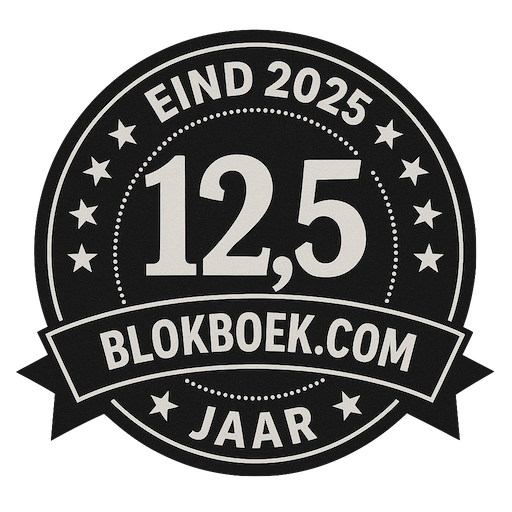
De trainingen voor 2022 staan gereed. Kijk voor het volledige online aanbod van bestaande- en nieuwe trainingen op de website.
BLOKBOEK.COM EN PRINTMEDIANIEUWS: HET OPTIMALE DOELGROEP BEREIK


